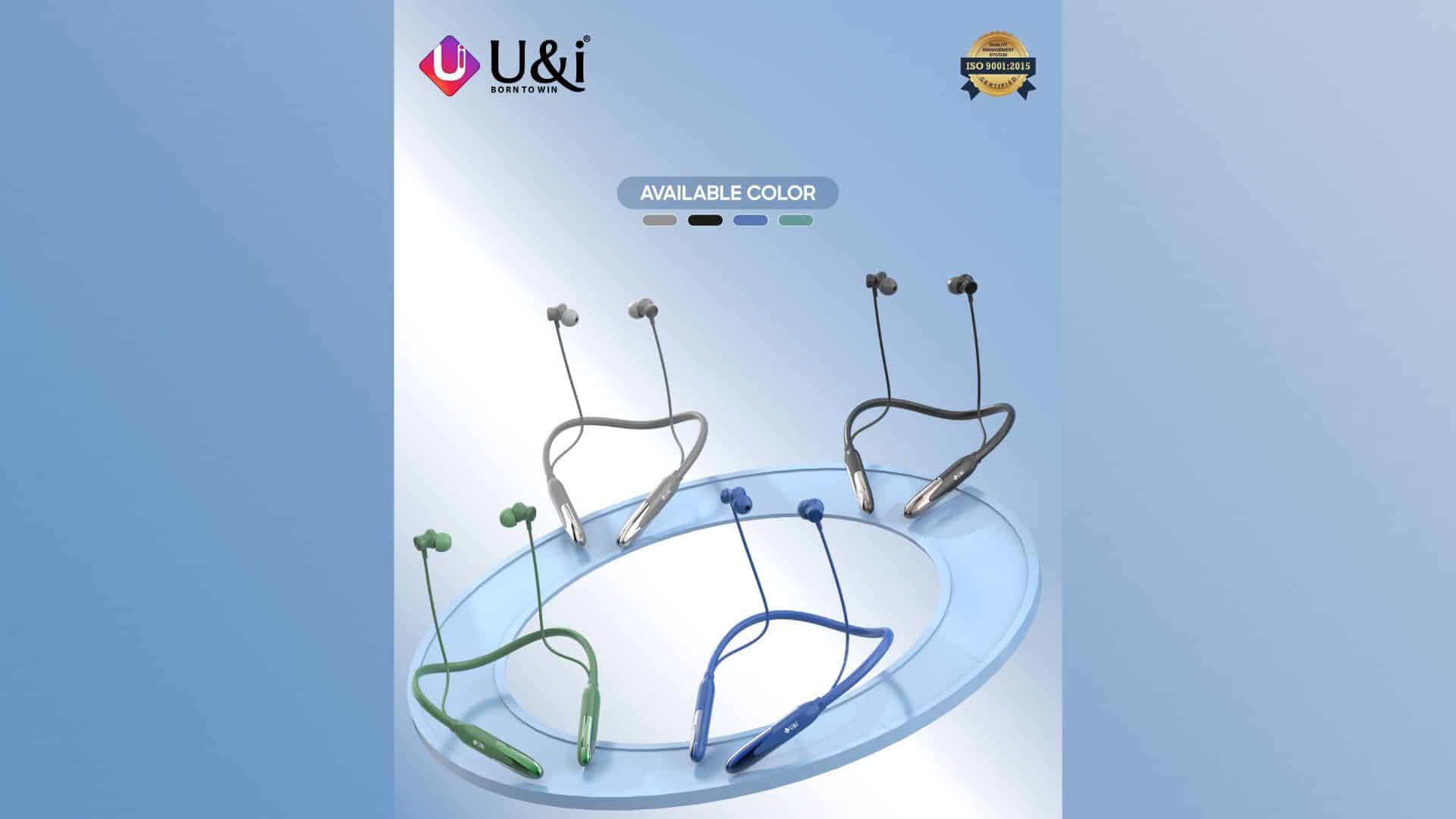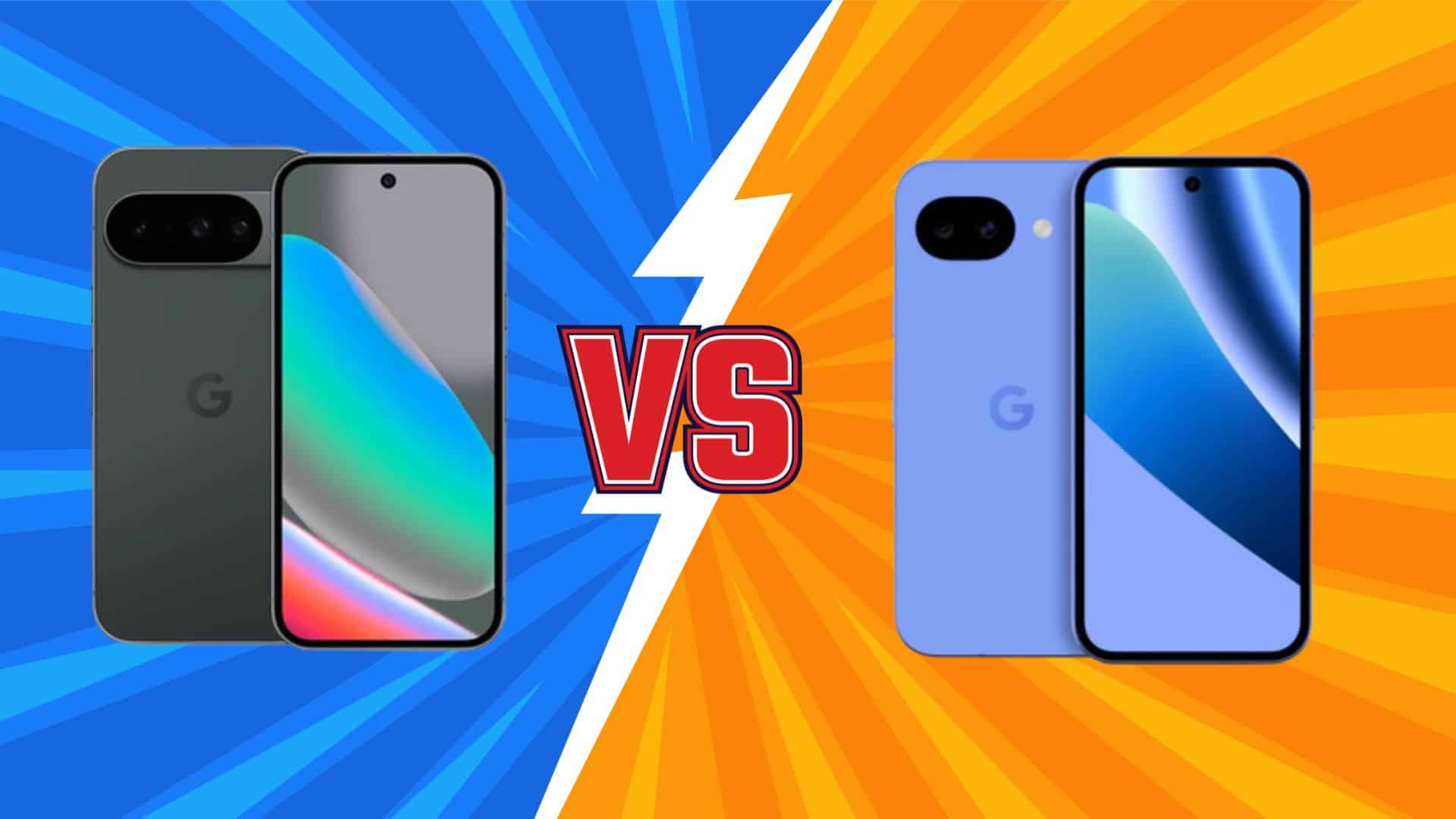Microsoft’s AI-powered code completion tool, Copilot, has raised concerns about potential copyright infringement. The tool can generate code snippets based on existing code, which has led to questions about whether it could inadvertently replicate copyrighted material.
Key Highlights:
- Microsoft asserts that it should not be held responsible for copyright infringement arising from the use of its AI tools.
- The company argues that users bear the burden of ensuring that their AI-generated content complies with copyright laws.
- Critics argue that Microsoft’s stance could stifle innovation and hinder the development of AI technology.

In response to these concerns, Microsoft has stated that it will not take responsibility for copyright infringement arising from the use of Copilot. The company maintains that it is providing a tool and that it is up to users to ensure that their AI-generated code complies with copyright laws.
Microsoft’s Argument for User Liability
Microsoft argues that placing liability on users is the most appropriate approach because it is the users who ultimately control the use of AI tools. The company asserts that it is difficult or impossible to monitor every instance of AI usage and determine whether it is infringing on copyright.
Microsoft also argues that holding AI companies liable for copyright infringement could have a chilling effect on innovation. The company fears that companies would be hesitant to develop AI tools if they were constantly at risk of legal action.
Criticisms of Microsoft’s Stance
Critics of Microsoft’s position argue that it could stifle innovation and hinder the development of AI technology. They contend that placing the burden of copyright compliance solely on users is unrealistic and could lead to unintended consequences.
Opponents also argue that Microsoft’s stance could undermine the development of AI standards and guidelines. They believe that AI companies should play a more active role in ensuring that their products are used responsibly and ethically.
Legal Implications of Microsoft’s Position
The legal implications of Microsoft’s position are still unclear. It is possible that courts will eventually find that AI companies can be held liable for copyright infringement arising from the use of their products. However, it is also possible that courts will adopt a more nuanced approach, taking into account factors such as the intent of the user and the foreseeability of the infringement.
The debate over AI copyright infringement is likely to continue as AI technology continues to develop. Microsoft’s position on user liability has sparked controversy, but it remains to be seen whether it will have a significant impact on the development of AI technology.



























